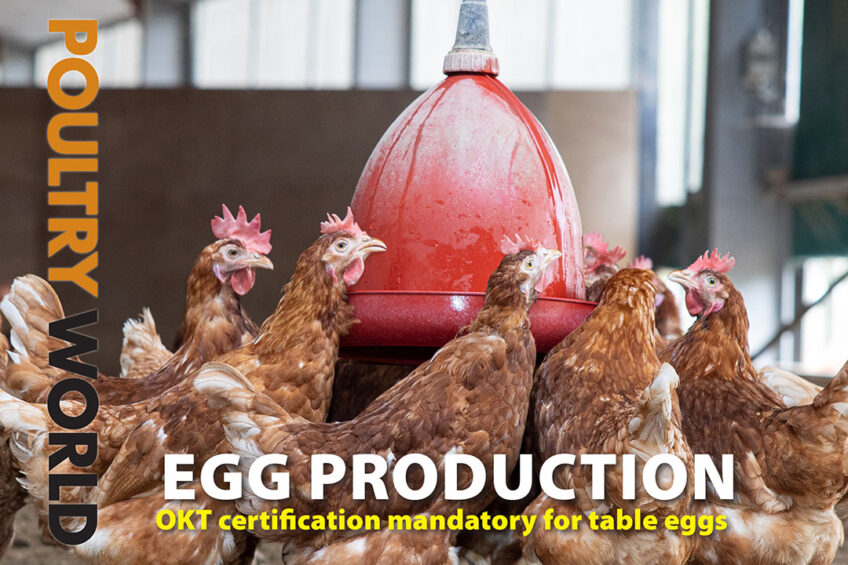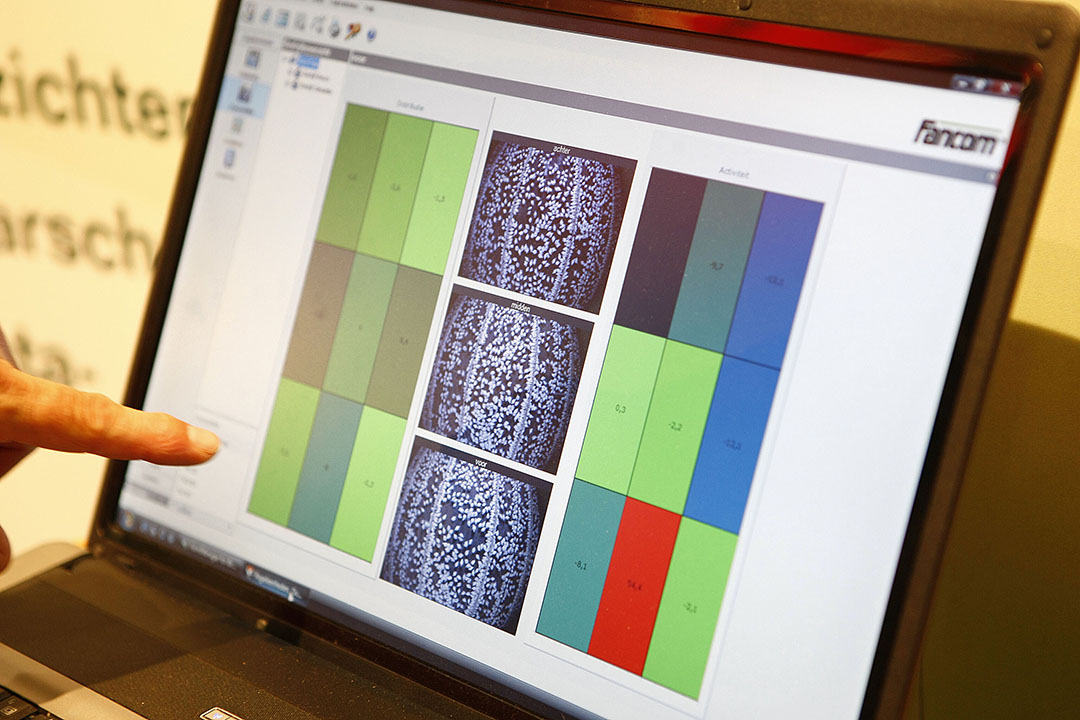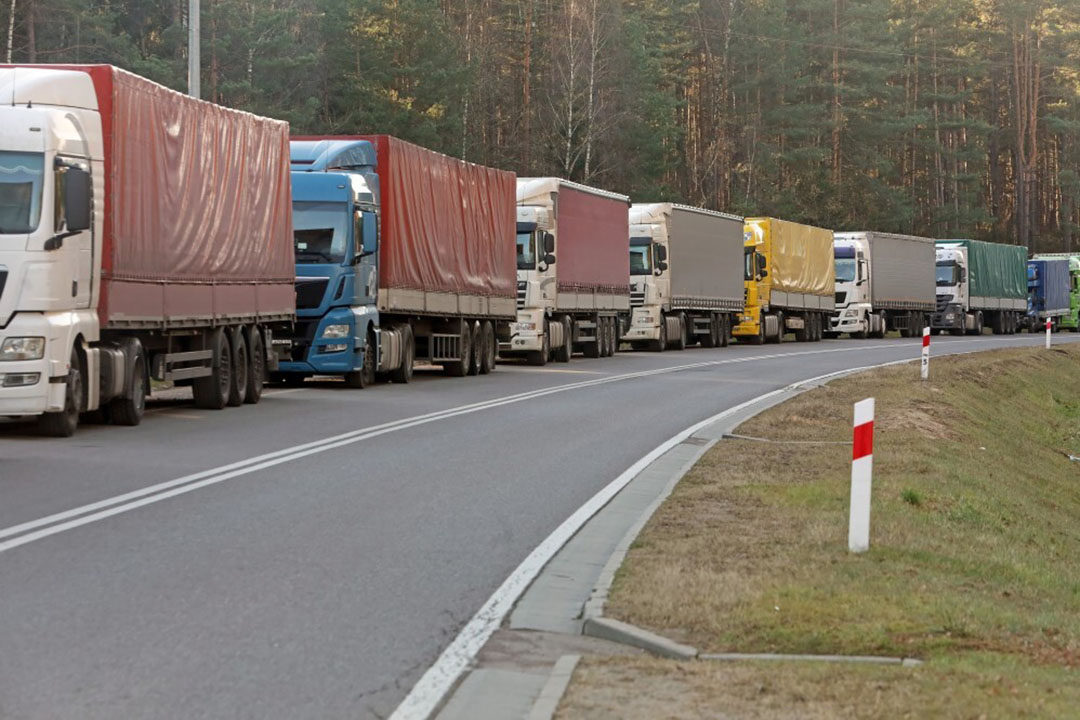Poultry World edition 5 of 2022 is now online

This 5th edition of Poultry World highlights egg production and mandatory OKT certification for table eggs in Germany. We explore how automatic lameness detection can be achieved through smart farming technologies and consider full data integration and its benefits on a farm in Denmark.
View the 5th edition of Poultry World for 2022
“Net zero doesn’t cut it”
At the latest edition of the Alltech ONE Conference, speakers painted a new perspective on sustainability and on the steps beyond that. Is ‘net zero’ enough, or should we be aiming for ‘net positive’?
Full data integration gives peace of mind
In this edition, we visit Denmark’s Mansson farm, which is home to 2,000 ha of organic vegetable production, a biogas plant and some 230,000 organic layers. In the farm’s earlier days, an Excel spreadsheet was sufficient, but today, with the production of 72 million eggs per year, the team has implemented Poultry Plan software for full data integration.
Effect of eugenol and garlic compounds on necrotic enteritis challenge
Necrotic enteritis continues to be a major challenge in poultry production, and with the need to reduce antibiotics, the sector is seeking new solutions. A trial in the US, which used a blend of eugenol and garlic compounds, was shown to promote broiler performance when under necrotic enteritis challenge conditions.
Automatic lameness detection using smart broiler farming
Broiler welfare and a farmer’s profitability are impacted by lameness, and while it is a challenge to observe individual birds for gait and posture, early and accurate lameness detection and treatment are essential.

OKT certification mandatory for table eggs
Since the beginning of the year, all table eggs sold in Germany have to be OKT certified. To prevent sacrificing hatchlings, or ‘Ohne Küken Töten (OKT)’, poultry farm Lehnertz began OKT certification for its organic laying hens in 2019. It is believed that OKT certification may eventually become mandatory throughout the EU.
Water as a renewable and sustainable energy source
In this article, we consider the potential of water as a renewable and sustainable energy source. Its advantages in broiler production are many.
Where the fork hits the plate
Changes to an animal’s genetics, growth rate, nutrition, locomotion and metabolism can have an effect on skeletal muscle composition and, therefore, meat quality. What is the role of minerals and how can oxidative stress be combated?
Healthy birds for best performance
The best feed conversion and performance can only be achieved by healthy animals, for which the highest standards of management, hygiene and feed quality are required.
Russian poultry industry takes a hit
Russia’s invasion of Ukraine resulted in the mass exodus of Western companies from the Russian market, leaving the local poultry industry in search of alternative sources of feed additives, hatching eggs, equipment, packaging and labelling.

Broiler welfare can be improved through market-driven initiatives
While the effects of national legislation may be undermined by price competition from lower welfare imported products, the effects of market-driven initiatives may be limited by consumer unwillingness to pay the extra cost.
Early feeding for layer chicks
To reach high production and persistence, optimum nutrition is crucial, particularly in the early stages of a chicken’s life. From hatch to about 6 weeks, for example, the development of the chick’s digestive and immune systems takes centre stage and most of the nutrients are directed towards the development of organs. In this article we look at the most important nutrients at each stage.
Dietary phosphorus: how low can we go?
With a focus on phosphorous, Canadian researchers looked at how precise we can be when adding this mineral to poultry diets.
To access the magazine section, where you will find the 5th edition of Poultry World for 2022 as well as other magazines from specialists in the agriculture industry, simply register for free.













